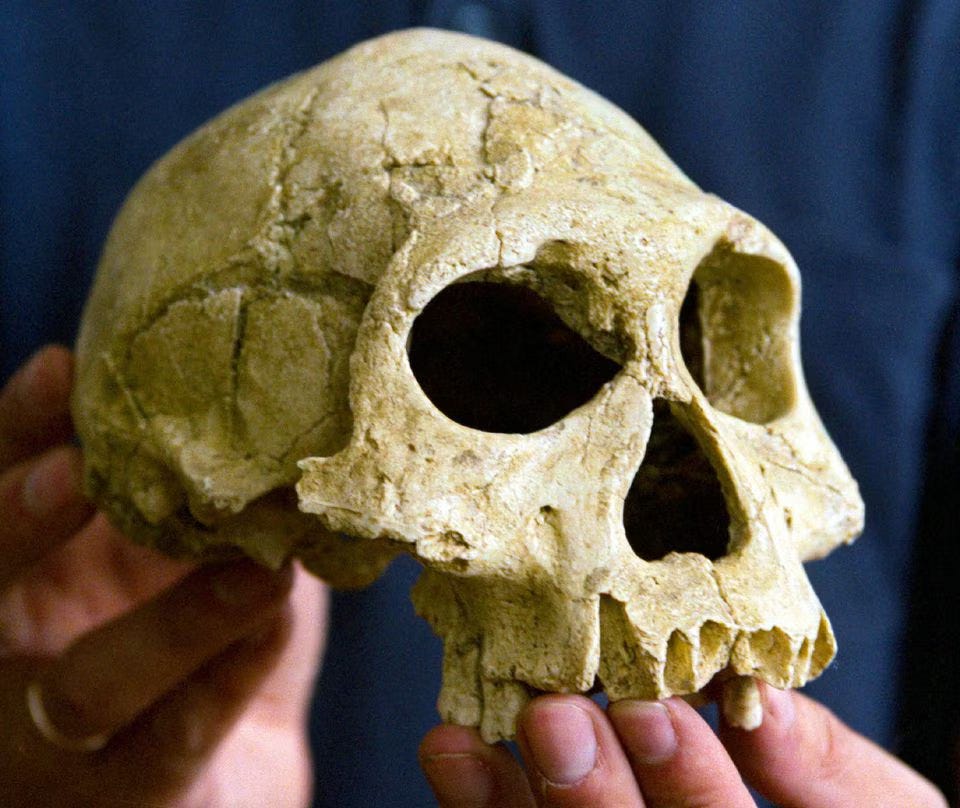Frozen in Time: Unveiling the Chilling Tale of Europe's Early Human Extinction
Intense glacial cooling is believed to have played a pivotal role in the reduction of hominin populations in Early Pleistocene Europe.
Long before the footsteps of Homo sapiens echoed across the globe, our ancestral predecessors embarked on journeys that sometimes led them to face the harshest challenges. In a stunning revelation, scientists have uncovered evidence of a frigid apocalypse that unfolded approximately 1.1 million years ago, reshaping the fate of Europe's early human inhabitants. This chilling discovery sheds light on a period of immense climate upheaval that triggered a cascade of events, ultimately erasing an entire population of archaic humans from the continent.

The pages of Earth's history recount a time when human species other than Homo sapiens ventured beyond the boundaries of Africa, charting a course into new territories. Among these pioneers was Homo erectus, an early member of our evolutionary lineage. This intrepid species, renowned for its innovative stone tools and body proportions akin to modern humans, sought to establish itself beyond the African horizon. Yet, their journey was marred by an unprecedented catastrophe—a colossal North Atlantic cooling event that spanned approximately 4,000 years.
As the frigid epoch unfurled, Europe underwent a transformation akin to the ice ages that would come later. The land that once beckoned early human hunter-gatherer bands turned inhospitable, rendering survival a herculean feat. The chilling embrace of glaciation depleted essential food resources, while the absence of adequate cold tolerance, insulation, and fire-making skills posed insurmountable challenges. The scientists' study, published in the journal Science1, paints a stark picture of early humans grappling with the perils of a rapidly changing climate.

